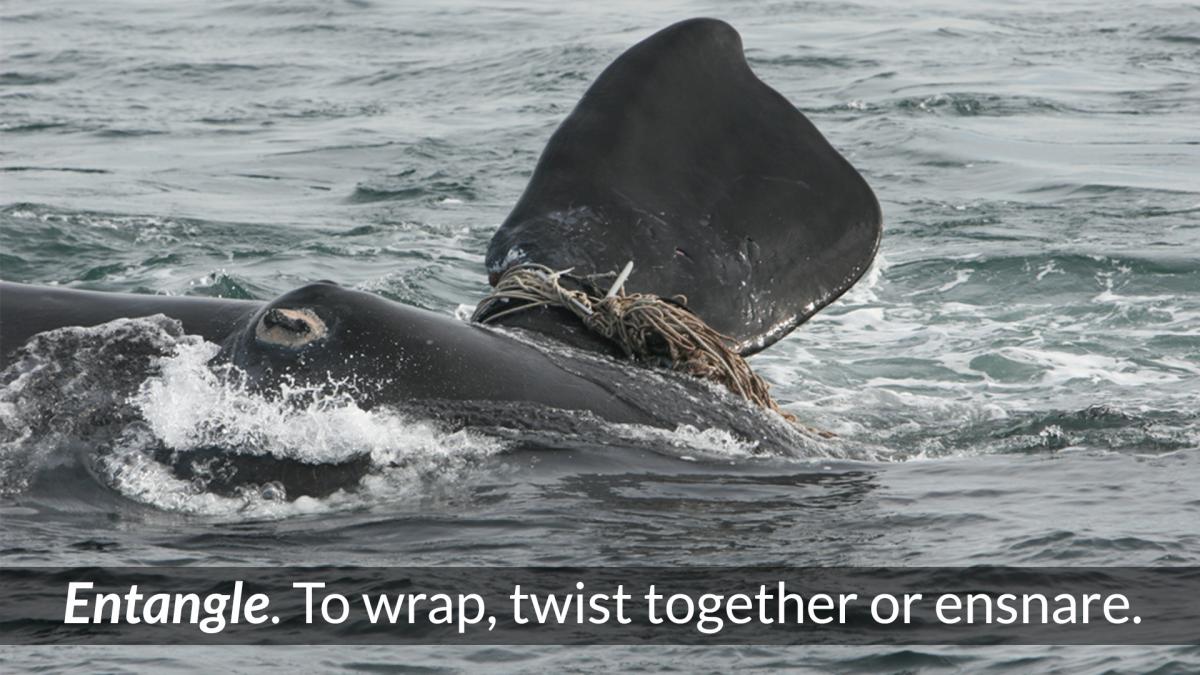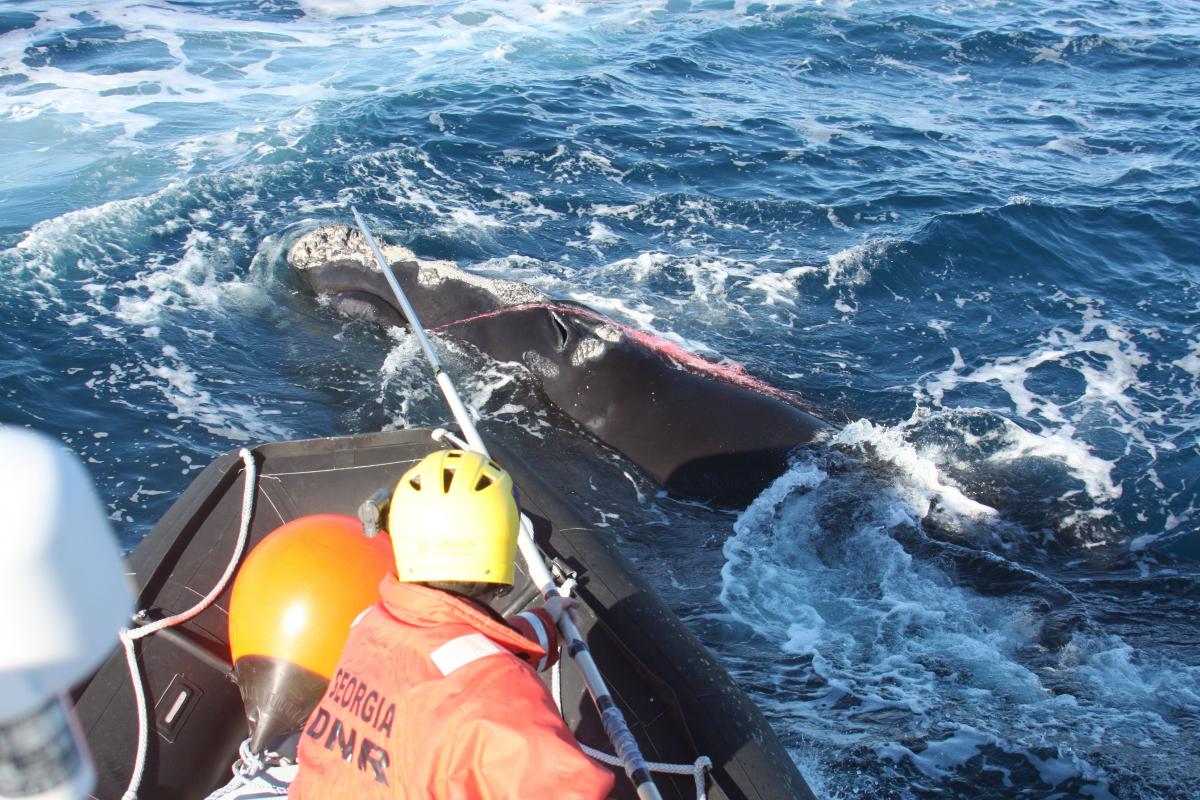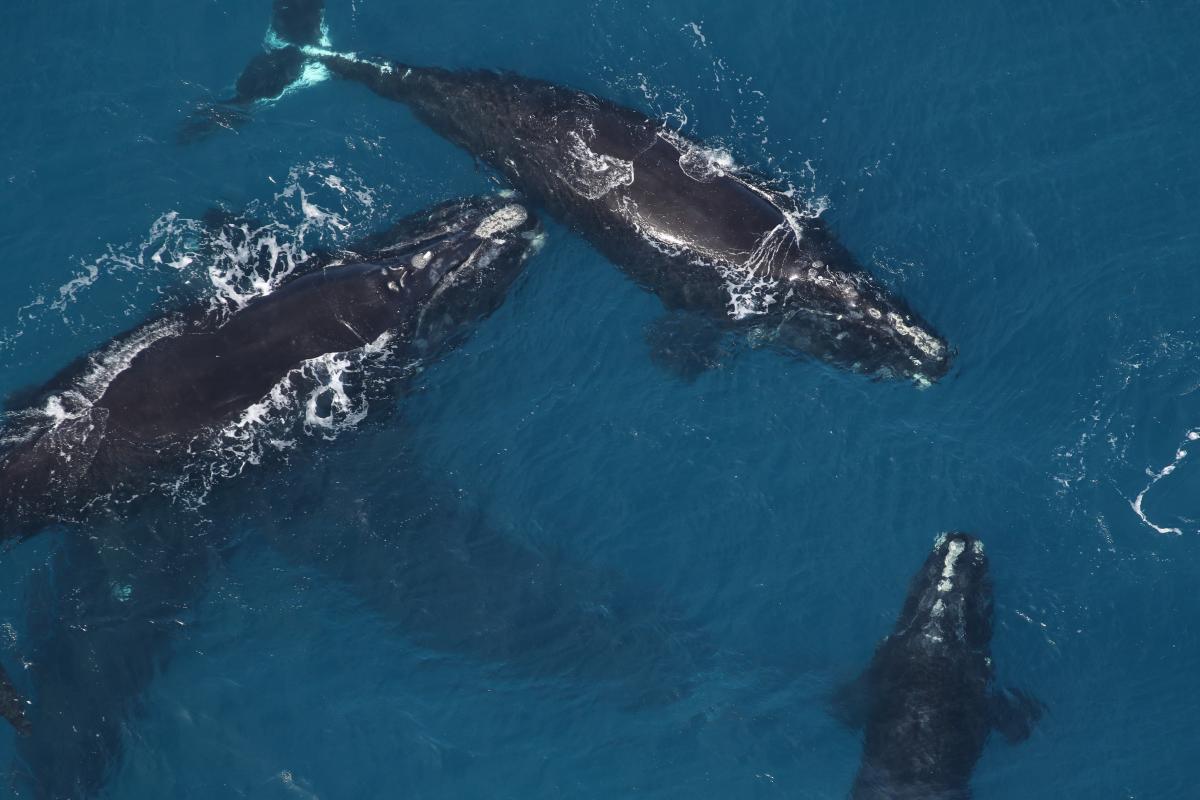July 30, 2019
Right whales continue to suffer slow, painful deaths at the hands of humans
Estimated reading time: 0 minutes
BY: Oceana
North Atlantic right whales are among the most endangered whales on the planet. There’s only about 360 of them left, and they’re dying faster than they can reproduce.
The summer of 2017 dealt a terrible blow to the fragile North Atlantic right whale population, as a total of 17 of them died —two as a result of entanglement in fishing gear. By the end of the summer, five additional entanglements had been documented in the Gulf of St. Lawrence.
History is repeating itself this summer, with eight right whales found dead in Canadian waters, including four within a 48-hour period. There are also three right whales currently dragging fishing gear in the Gulf of St. Lawrence. Rescue teams are working to free them but have been hampered by weather.
What is entanglement?

Entanglement refers to animals becoming tangled in fishing gear. For right whales, this can mean dragging fishing gear for days, months or even years. Because right whales are so strong, some can free themselves. But for those that can’t, it is a slow and painful death.
Right whales have been documented dragging lines attached to heavy fishing gear for hundreds of kilometres. As the ropes are dragged, they tighten. The gear can tear into their skin, becoming embedded as it cuts into bones, leading to life-threatening infections and hemorrhages. Their fins and tail flukes often end up totally or partially amputated.
This gear is heavy. It inflicts debilitating drag forces upon even the healthiest of whales, slowing them down, making it difficult to swim, mate, find food and even breathe. While some starve, others drown. On average, it takes a large whale six months to die when lethally tangled.
Any fishing lines in the water can potentially pose a threat, particularly fixed gear fisheries such as the snow crab and lobster fisheries. Fixed gear includes traps, pots, bottom longlines and gill nets that are anchored to the seafloor, with vertical lines connected to buoys floating on the surface, used to locate and retrieve the gear. Of the five live right whale entanglements that occurred in 2017, four of them showed some involvement with snow crab gear.
Rescuing entangled whales

Unfortunately, entanglements are becoming all too frequent for North Atlantic right whales. It is estimated that 100 right whales are entangled each year. An astounding 85 per cent have been entangled at least once, and more than half have scars from multiple interactions with gear. In addition to the known entanglements, it is likely that some whales die during or shortly after becoming trapped and are never seen again.
With extremely low population numbers, any entangled right whale is concerning and attempts to free them are sometimes a dangerous– and complicated – undertaking. There are only two teams on the entire East Coast of Canada that can legally be involved in a disentanglement: Campobello Whale Rescue Team and Tangly Whales in Newfoundland and Labrador.
Given the protocols and safety measures involved, as well as the intensive training, these teams are the best in the world. They work with Fisheries and Oceans Canada to determine what can and should be done for the whale. They’re up against unpredictable weather and the challenge of finding the entangled whale, which – given their speed and power – is not always easy, despite the animal being weighed down with gear.
Disentangling is dangerous work, as a right whale caught in rope is incredibly stressed and unpredictable. In the summer of 2017, Joe Howlett, who’d saved two dozen whales in his 15 years with the Campobello team, died after being struck by a whale he’d freed moments earlier.
Help save right whales

As ocean conditions continue to change, right whales will continue to migrate north in search of their prey. As they move into new places, more and more right whales are at risk of becoming entangled.
Entanglement in fishing gear, ropes and other marine debris is not an exclusive problem to North Atlantic right whales. The International Whaling Commission estimates that 300,000 whales, dolphins and porpoises worldwide die from entanglements every year. This is the main human-induced threat to large whales.
It is imperative that we act now to protect these whales from a slow and painful journey toward extinction. Oceana Canada, and many allies, are doing just this. Join us to stay updated on the latest right whale news and things you can do to help save these amazing animals.

